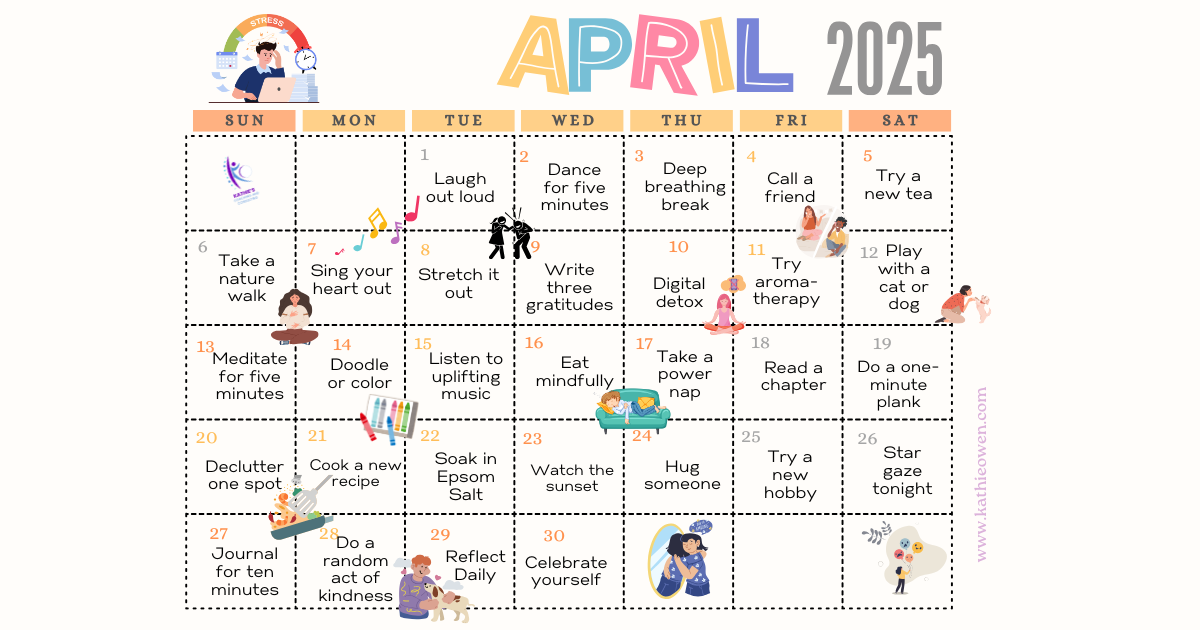The Essential Guide to Stress Management
For Corporate Professionals
Introduction: Importance of Stress Management in High-Pressure Corporate Environments
Stress has become a constant companion for many professionals. The high demands, tight deadlines, and relentless pursuit of excellence can often lead to overwhelming stress. Managing stress effectively is crucial not only for maintaining personal health but also for ensuring sustained productivity and job satisfaction.
This guide aims to provide corporate professionals with practical strategies to manage stress, create a supportive work environment, and develop a personalized stress management plan.
Identifying Stress Triggers: Common Stressors in the Workplace
Understanding what triggers stress is the first step in managing it effectively. In corporate settings, several common stressors can impact professionals:
Deadlines: Tight deadlines and the pressure to deliver high-quality work quickly can lead to significant stress.
High Expectations: Consistently meeting or exceeding expectations from superiors, clients, and colleagues can be stressful.
Work Overload: Managing multiple projects simultaneously and handling a heavy workload can cause burnout.
Lack of Control: Feeling a lack of control over work processes or outcomes can contribute to stress.
Work-Life Imbalance: Struggling to balance professional responsibilities with personal life can exacerbate stress levels.
Recognizing these stressors is essential for addressing them effectively.
Effective Stress Management Techniques: Practical Strategies
Managing stress involves adopting practical strategies that can be easily integrated into daily routines. Here are some effective techniques:
Mindfulness: Practicing mindfulness involves being present in the moment and focusing on the task at hand. Mindfulness can reduce stress by promoting a sense of calm and clarity. Techniques include mindful breathing, meditation, and mindful walking.
Deep Breathing Exercises: Deep breathing is a simple yet powerful stress management tool. Practicing deep breathing exercises can help calm the mind and reduce physical tension. Try inhaling deeply for a count of four, holding the breath for four counts, and exhaling slowly for four counts.
Time Management Skills: Efficient time management can significantly reduce stress. Prioritize tasks, set realistic deadlines, and break larger projects into manageable steps. Tools like to-do lists, planners, and digital apps can aid in effective time management.
Physical Activity: Regular physical activity is a proven stress reliever. Incorporate activities such as walking, jogging, yoga, or gym workouts into your routine. Exercise releases endorphins, which are natural mood lifters.
Healthy Lifestyle Choices: Maintaining a healthy lifestyle can improve resilience to stress. Ensure adequate sleep, eat a balanced diet, and stay hydrated. Avoid excessive caffeine and alcohol consumption, as they can exacerbate stress.
Creating a Supportive Work Environment: Role of Leadership
Leadership plays a critical role in fostering a supportive work environment that can help reduce stress among employees. Here are ways leaders can contribute:
Promote Open Communication: Encourage open and honest communication within the team. Employees should feel comfortable discussing their concerns and seeking support when needed.
Provide Resources: Offer resources such as stress management workshops, access to counseling services, and wellness programs. These resources can equip employees with tools to manage stress effectively.
Recognize and Reward Efforts: Acknowledge and reward employees for their hard work and achievements. Recognition can boost morale and reduce stress by making employees feel valued.
Encourage Work-Life Balance: Promote policies that support work-life balance, such as flexible working hours and remote work options. Encourage employees to take breaks and use their vacation days.
Lead by Example: Leaders should model healthy stress management practices. When leaders demonstrate effective stress management, it sets a positive example for the entire team.
Personal Action Plan: Steps to Create a Personalized Stress Management Plan
Creating a personalized stress management plan involves identifying individual stressors and adopting strategies that work best for you. Here are steps to develop your plan:
Identify Stressors: Reflect on your daily routine and identify specific stressors. Keep a journal to track situations that trigger stress and your responses to them.
Set Realistic Goals: Establish realistic and achievable goals for managing stress. Break down larger goals into smaller, manageable tasks.
Develop Healthy Habits: Incorporate healthy habits into your daily routine. Focus on regular physical activity, balanced nutrition, and sufficient sleep.
Practice Relaxation Techniques: Integrate relaxation techniques such as mindfulness, meditation, and deep breathing exercises into your daily routine. Set aside time each day for these practices.
Seek Support: Don’t hesitate to seek support from colleagues, friends, or professionals. Join support groups or seek counseling if needed.
Monitor Progress: Regularly assess your progress and adjust your stress management plan as needed. Celebrate small victories and stay committed to your goals.
Conclusion
Stress management is a crucial skill for corporate professionals aiming to maintain personal well-being and achieve sustained productivity. By identifying stress triggers, adopting effective stress management techniques, fostering a supportive work environment, and creating a personalized stress management plan, professionals can navigate the demands of the corporate world with resilience and confidence.
Prioritizing stress management not only enhances individual health and happiness but also contributes to a more positive and productive workplace culture.
Kathie Owen, Corporate Wellness Professional

















A leadership coach shares her personal journey of being fired for speaking up against toxic workplace culture, drawing parallels with Ted Lasso's themes of authentic leadership and courage. Her story illustrates how challenging systemic dysfunction often comes at a cost—but leads to greater freedom. #WorkplaceCulture #Leadership #TedLasso #ToxicWorkplace #CareerGrowth